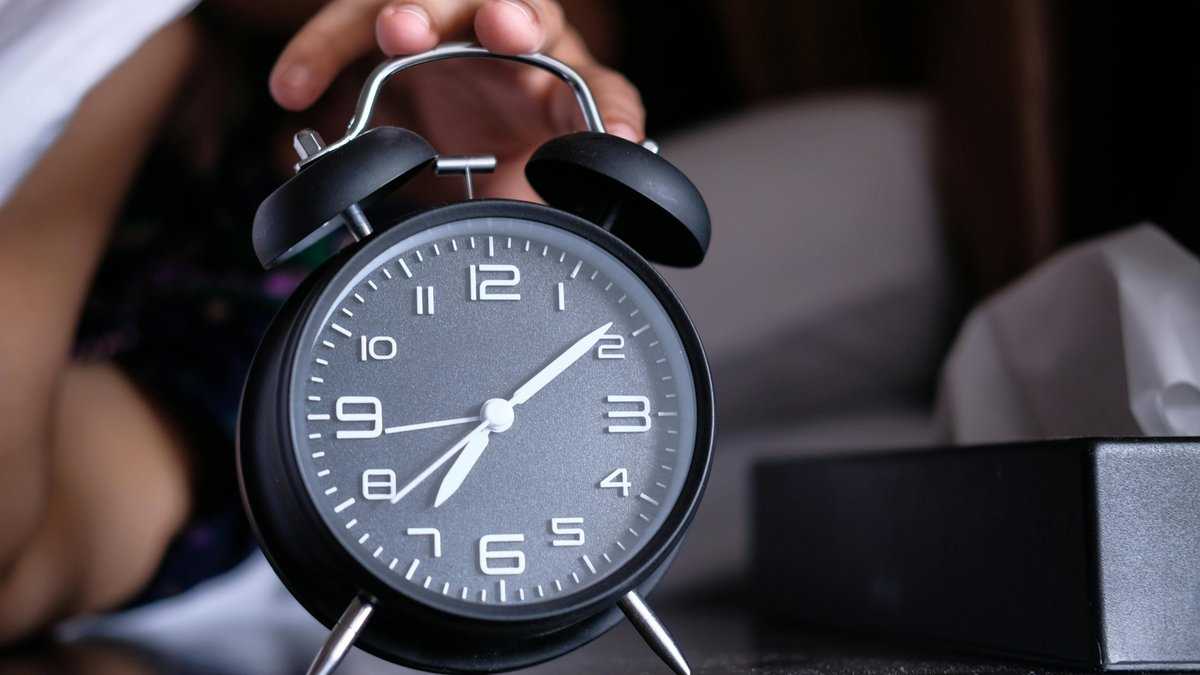Science
Lost on the Moon for 60 Years: AI Joins the Search
23 February 2026

Struggling with sleep? Stanford neuroscientists reveal 6 simple daily habits that can radically transform your nights. Discover how small changes from morning light to meal times can help you sleep better and wake up refreshed.
Dr. Andrew Huberman, a neurobiologist at Stanford University, emphasizes that “exposure to sunlight immediately after waking up regulates the circadian rhythm and prepares the body for deep sleep at night.” This is just one of six things you can change to sleep better, deeper, and wake up without morning grogginess. It turns out there are proven methods for how to sleep better.
One of the best things you can do for your sleep is to get outside into natural daylight in the morning. You don’t need hours of walking; just 5-20 minutes of natural light, even on a cloudy day, is enough. Morning light inhibits melatonin production and activates cortisol, signaling your body that it’s time to wake up.
Recommended: Beat Stress Naturally: Discover Cortisol-Lowering Foods
You don’t need to sweat it out at the gym. Just 30 minutes of brisk walking can help you fall asleep faster and sleep deeper. Movement improves circulation, reduces stress, and naturally regulates sleep rhythm. However, be cautious: exercising too late can worsen the situation. Evening workouts raise body temperature and cortisol levels, making it difficult for your body to wind down. The ideal time is late afternoon.
Many of us don’t realize how long caffeine circulates in the body. Coffee consumed at 3 PM can still be active at 9 PM, which is enough to make sleep shallower, interrupted, or even prevent it entirely. A study published in the Journal of Clinical Sleep Medicine shows that even six hours before bedtime isn’t enough to completely negate caffeine’s effects. Therefore, it’s better to have your last cup before noon if you want to sleep better.
A healthy diet is one thing. However, even the healthiest meal eaten at 10 PM can ruin your entire night. Instead of winding down, your digestive system works at full throttle, leaving you feeling heavy. Therefore, it’s worth aligning your meal times with your biological clock. “Misalignment of meal times with your biological clock can negate all the benefits of a healthy diet,” states an article published on the VegOut portal.
Smartphones, laptops, and televisions are sources of stress and blue light. Both factors delay sleep and disrupt its structure. Light from screens blocks melatonin production, which is responsible for sleep. Your nerves can’t rest if you’re constantly scrolling TikTok or checking emails.
Eliminating screens for just 30 minutes before bed can work wonders. Opt for a book or stretching instead. This sends a clear signal to your brain that it’s time to rest.
You might be physically exhausted, but if your brain won’t stop analyzing, you won’t fall asleep. Stress and racing thoughts signal to your body that it’s not yet safe to rest. Therefore, it’s worth incorporating a simple pre-sleep ritual: a few deep breaths, a short meditation, or jotting down thoughts in a notebook. This acts as a brake for emotions, helping you sleep better.
Good sleep doesn’t start in bed. It begins with your morning coffee, your dinner time choice, and your decision to turn off your phone. You don’t have to implement everything at once. Just choose one thing and start repeating it. Then a second. And then you’ll see that your mornings become lighter.
Read the original article: 6 nawyków, które radykalnie poprawią jakość snu. Potwierdzają to neurolodzy


Science
22 February 2026

Zmień tryb na ciemny